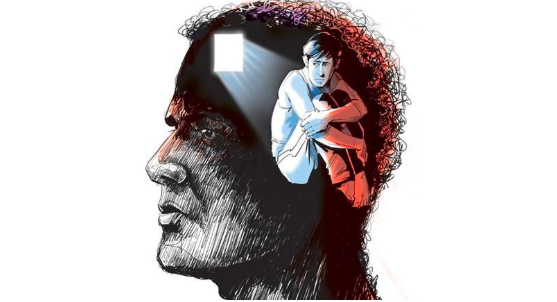The Psychological Impact of Quarantine and Social Distancing

April 13, 2020
The Coronavirus outbreak has led to necessary social distancing in an effort to “flatten the curve” and keep infection rates as low as possible. This has led to many staying at home all day, with little to no interaction with the outdoors or with people other than their family. This is essential, as there are approximately 1.76 million confirmed cases worldwide; however, what are the consequences on mental health because of this isolation?
It should be noted that social distancing is different from quarantine. Quarantine entails not leaving one place under any circumstance, while social distancing involves avoiding group gatherings.
Quarantine Effects:
Separation from friends, the loss of freedom, uncertainty of disease status, and boredom can have drastic effects. Suicide, post-traumatic stress symptoms, confusion, and anger have been reported as a result of of frustration, boredom, inadequate supplies/information, and financial loss from the quarantine.
Quarantined hospital staff are significantly more exhausted, irritable, and have anxiety out of fear of being exposed to the virus. Because of this, doctors, nurses, and others have worse concentration, are more indecisive, exhibit deteriorating work performance, and are more reluctant to come to work.
Children especially are susceptible to ‘quarantine symptoms.’ A study comparing post-traumatic stress symptoms in parents and children found that children were four times as likely to develop post-traumatic stress disorder because of the isolation.
Because mass seclusion can have extreme effects, the potential benefits should be carefully weighed against the possible psychological costs.
Social Distancing Effects:
More known to us, social distancing, while not as radical, also has its deficits. Teenagers can no longer see their friends, and parents their colleagues. People often feel that they have no control over the situation, and they feel cut off from the world. As schools close and events are canceled, staying in your home for so long can seem daunting.
The American Psychological Association reports that social distancing can lead to poor sleep, poor cardiovascular health, lower immunity to other viruses/diseases, depression, and impaired emotional functions.
Holidays and birthdays also still continue, and the loss of those traditions adds to the growing feeling of social deprivation.
Although social distancing and/or quarantine seems like it will last forever, remember that there is always a light at the end of the tunnel, and that one day soon, you will be laughing with your friends again.


